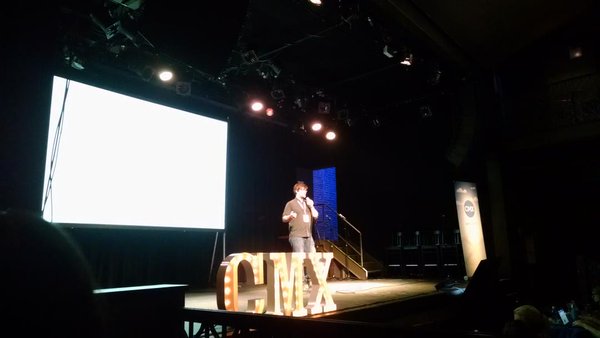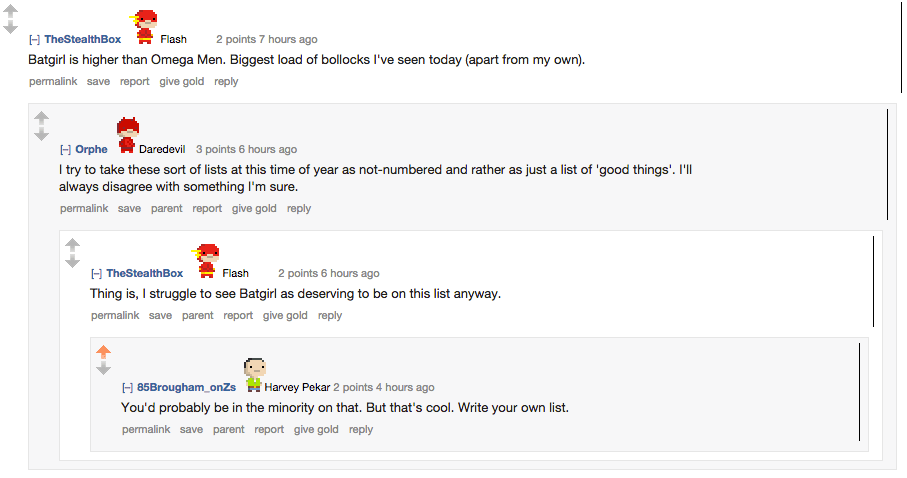
I’ve been consulting for the last couple of months, because I wanted to find the right fit for my next full-time position. I wanted to find a company that could be home, where I could feel supported but also challenged, where I could feel respected but be constantly learning, where I could care about the product, where the founders truly understood and valued community.
And so, I’m incredibly pleased to announce I’ll be joining the team over at CMX Media as Director of Community! I’ve been a huge fan of the work that David Spinks has been doing in the community space for years. I’ve been to all but one CMX Summit (and spoke in NYC last year), many of their meetups, and recently discovered I am the top contributor on their fantastic Facebook group.
Their mission of advancing the community industry is one that is very close to my heart (I’ve literally been hosting my community manager meetup for 5 years). So I was over the moon when David and Carrie asked me to join the team. I highly respect both of them and can’t wait to learn from them on an everyday basis (plus, they’re a ton of fun to be around). And I’m excited to take a break from larger startups and get my hands dirty at a small company once again.
Some of my favorites. @clemauyeung @evanhamilton @Befitt #CMXSummit pic.twitter.com/ScC7Uzgiha
— Carrie Melissa Jones (@caremjo) October 15, 2015
I’ll be transitioning into this full-time role over the next few months as I wrap up my consulting contracts. My initial focus will be making CMX Summit East 2016 the best Summit yet (A tall order!), and gradually I’ll start focusing on the CMX Series events, the Facebook group, and any other way I can think of to connect those in our industry and push it forward. I’ll need your help! Either in the comments here, via email (evan at cmxhub dot com), or via Twitter/LinkedIn, let me know what you want to see from CMX. David and Carrie have created an amazing community, but all three of us have a lot more we want to do, and your voices are a crucial part of that process.
I look forward to interacting with you all even more than I do now! See you soon. 🙂
Notes:
Community Manager Breakfast, my newsletter, and this blog will continue operating independent of CMX.
If you were interested in working with me on a consulting basis: I will still be available for consulting alongside the super-talented CMX team, so please do still drop me a line.
